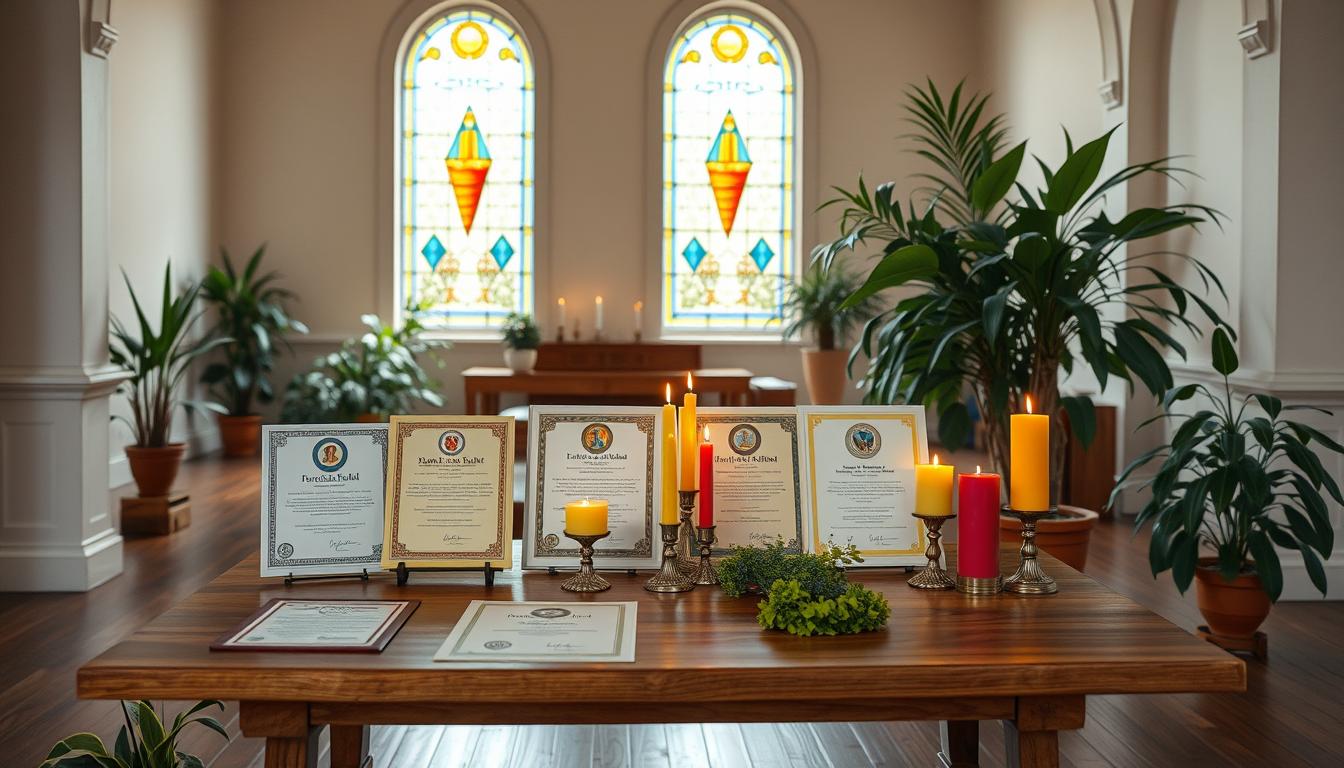When it comes to religious practice, prayer plays a fundamental role in the daily routine of believers of different religions. Through this practice, religious people establish an intimate connection with the divine and find spiritual comfort in their everyday lives.
Adverts
For many people, prayer is a moment of tranquility and inner peace. It is a time when they can express their concerns, be grateful for the blessings received, and seek guidance for daily challenges.
This also plays an important role in forming healthy habits and routines. Many believers set aside a specific time of the day to pray, whether in the morning, before going to sleep or during breaks during work.
This regular practice helps bring a sense of discipline and balance to their lives. Furthermore, prayer is a way of connecting with the religious community.
Often, believers gather in groups to pray together, strengthening bonds of friendship and sharing spiritual experiences. This connection with other believers also provides a sense of belonging and mutual support.
Regardless of the religion one follows, prayer is a practice that brings benefits to the daily lives of believers. It promotes inner peace, strengthens spirituality and helps to cultivate values such as gratitude, compassion and love for others.
The Central Element of Religious Practices
Prayer, throughout human history, has played a central role in the religious practices of different cultures and beliefs. This act transcends borders and manifests itself in different ways, being the fundamental link between believers and the divine.
In many religions, this custom is considered a powerful tool for establishing a direct connection with the sacred, providing a means to express gratitude, seek guidance, find comfort, or even seek forgiveness.
Whether through formal, ritualistic prayers or more spontaneous and personal communication, prayer serves as a channel for believers to express themselves emotionally and spiritually.
Furthermore, many religious traditions emphasize the importance of constancy, incorporating the practice as an integral part of the believers' daily routine. This regularity not only strengthens the individual's connection with the divine, but also creates an atmosphere of reverence and sacredness.
Thus, prayer emerges as the central element that unites diverse religions, allowing believers to transcend cultural differences and find common ground in expressing their spirituality.
The Benefits in Everyday Life
One of the main benefits of prayer is the feeling of peace and tranquility it provides. By connecting with the sacred, religious people find a refuge from the stress and worries of everyday life. This is a time of introspection and reflection, allowing the faithful to find emotional and spiritual balance.
Furthermore, prayer strengthens ties with the religious community. By sharing moments in a group, religious people feel part of something bigger and find support and comfort in other members of the community. This joint ritual also strengthens religious values and principles, promoting unity and solidarity among believers.

Prayer is also a source of inspiration and guidance for religious people. By connecting with the divine, they receive insights and directions for their lives. Prayer is a moment of attentive listening, in which the faithful seek the wisdom and guidance of the sacred to make decisions and face challenges.
Finally, the practice brings comfort and hope to religious people. In times of difficulty, prayer is a way to find comfort and renew faith. It provides a feeling that they are not alone, that there is a greater power watching over them and guiding their paths.
How Different Religions Incorporate Prayer into their Routine
Each religion has its own prayer practices and rituals, but they all share the common goal of connecting with the divine and seeking spiritual guidance.
In Christianity, prayer is a central part of the lives of the faithful. Christians pray daily, both individually and as a community, as a way to communicate with God, express gratitude, seek forgiveness, and ask for guidance. Furthermore, prayer is a time of reflection and spiritual renewal.
In Islam, prayer is one of the five daily obligations of Muslims. They perform five ritualistic prayers throughout the day, facing the holy city of Mecca. This practice, in Islam, is a form of submission to Allah and the search for spiritual purification.
In Hinduism, prayer is an essential part of everyday life for Hindus. They may perform daily prayers at home, in temples, or at sacred sites, to honor the gods and goddesses of the Hindu pantheon. Prayer in Hinduism is a way of seeking blessings, protection and divine guidance.
In Buddhism, prayer is an important practice, although it is different from other religious traditions. Buddhists do not pray to a supreme being, but rather use meditation and mantra recitation as ways to achieve enlightenment and inner peace. Prayer in Buddhism is a way of cultivating the mind and developing compassion.
These are just a few examples of how different religions incorporate prayer into their routine. Prayer plays a vital role in the spiritual lives of believers, regardless of the religious tradition to which they belong.




